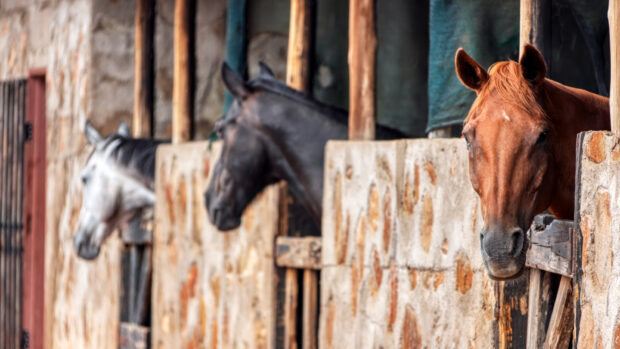Family lawyer Claire Dean is a partner at Geldards LLP, part of the law firm’s family and equine law teams and has four horses of her own. In this article, Claire explains the steps you need to consider to ensure you keep hold of your horse when going through divorce proceedings.
The law in England and Wales states that any asset owned by a party, or in which a party has ‘an interest’, may become a marital asset to be divided or sold upon divorce. Horses fall into this category, even if the horse is owned in only your name.
A horse is often considered an expense and luxury, and in all too many divorce cases, is considered an asset that a non-equestrian spouse would want to be sold. The value of your horse and any proceeds of sale may well be included in the assets available to be shared on a divorce.
The good news is this can be avoided if there is a properly drafted pre- or post-nuptial agreement that ringfences your horse from the divorce pot. These agreements do not have to be long but should, for maximum protection, be drawn up by a specialist family lawyer.
In the absence of a pre- or a post-nuptial agreement, arguments often arise as to the affordability of maintaining your equine and whether or not this forms a ‘reasonable need’ after marriage. Arguments of this nature are upsetting and costly, but unless your horse is linked to your ability to earn money it may be considered an unaffordable luxury.
Article continues below…
You might also be interested in:

Divorce and horses: how it works [H&H VIP]
What happens to your horse if you are part of a divorce? Hanna Lindon investigates

Who do you love more — your husband or your horse?
Relationships between a rider and their horse last longer than many marriages

Subscribe to Horse & Hound magazine today – and enjoy unlimited website access all year round
If you are wishing to protect your horse from a divorce it is wise to obtain legal advice before your marriage ends when, with the assistance of a specialist solicitor, you may reach an agreement with your partner that the horse should be excluded from assets to be distributed upon divorce. Failing this, you will need to consider whether you could prove to the court that the maintenance of your horse is affordable, and the ownership of your horse falls within your reasonable needs.
For all the latest news analysis, competition reports, interviews, features and much more, don’t miss Horse & Hound magazine, on sale every Thursday



